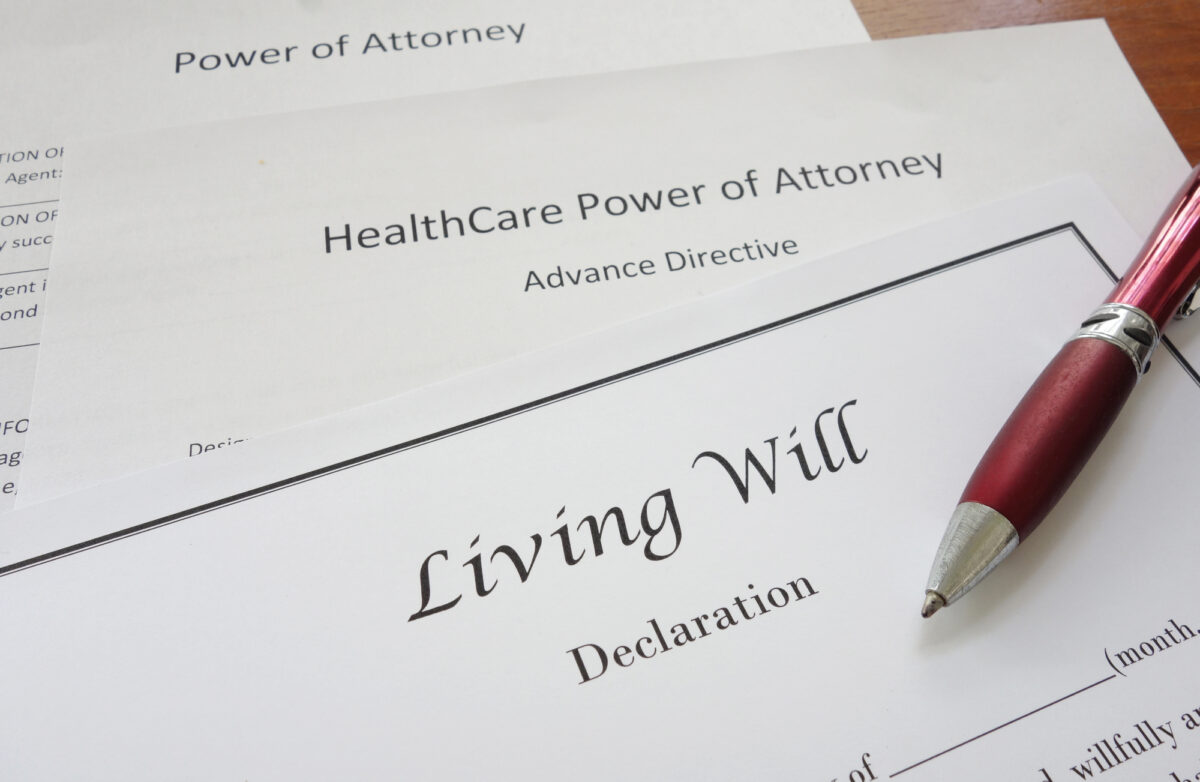Probate Lawyer
Probate is the process of filing the will of a deceased person to the court or a judge, in which they oversee the distribution of the estate that complies with state law and the jurisdiction. The court may partake in several aspects of probate, such as assessing if a will is valid, ensuring laws are abided by, properly distributing assets, and then closing the estate. As a top-rated probate lawyer explains, here is some insight that everyone should know about the probate process and the role of executor.
An executor will either be appointed by the court, or if there is a will, the person the deceased chose as executor will fulfill this role. There are many tasks that an executor may handle, and this person has a fiduciary duty to abide by the terms expressed in the will. This duty puts personal liability on the executor if they do not perform their responsibilities as required. The executor is usually named in the will, but it will be the court that formally appoints this person to have this role.
If no name for an executor is written in the will, then the court chooses an administrator to do the same function. After being appointed by the court, the executor will assume power and comply with the terms of the will and requirements set by state law. Examples of duties an executor will have to complete include:
- Paying costs to maintain assets
- Locating assets of estate and safeguarding them
- Paying estate taxes and income taxes that may still be owed
- Handling termination of leases or other contracts
- Notifying banks, government agencies, and other parties
- Creating a bank accounts and brokerage accounts for the estate
- Communicating with beneficiaries as needed
- Supervising the handling of assets and submitting petitions to the court
- Entity governance or maintaining commercial & business entities left behind by the decedent.
Not all property has to undergo probate. If two spouses share a joint bank account and one of them passes away, that account automatically becomes the other’s property. Likewise, if a spouse left behind a 401k, life insurance policy, IRA, or annuity in which the other spouse is named as beneficiary, there is no need to go through probate court to have access over these funds. The living spouse would just need to contact the institution for the policy or bank directly, and fill out paperwork so they gain access to proceeds. However, if these accounts were solely in one spouse’s name, then these assets will be probated. Anyone who has issues with probate or their role as executor, can benefit from getting help from a legal team, similar to the lawyers from Carpenter & Lewis PLLC.
If someone who passed away did not own any property, then probate is not necessary. The survivors of the deceased may open a probate case if there are debts still owed or there is a need to establish a deadline for creditors to come forward and make claims. If there is property to distribute, then the process allows for assets to be transferred to appropriate heirs of the deceased.


